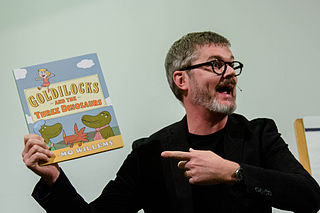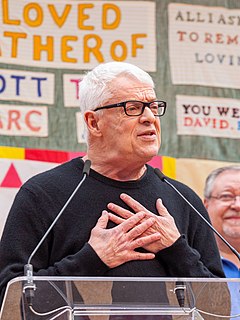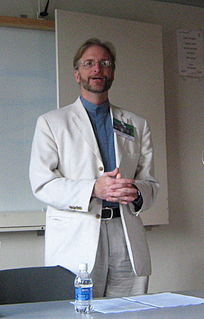A Quote by Tom Robbins
Rules such as "Write what you know," and "Show, don't tell," while doubtlessly grounded in good sense, can be ignored with impunity by any novelist nimble enough to get away with it. There is, in fact, only one rule in writing fiction: Whatever works, works.
Related Quotes
The main rule of writing is that if you do it with enough assurance and confidence, you’re allowed to do whatever you like. (That may be a rule for life as well as for writing. But it’s definitely true for writing.) So write your story as it needs to be written. Write it honestly, and tell it as best you can. I’m not sure that there are any other rules. Not ones that matter.
We know that we need to explore desire in fiction - many say that the only way a story exists is that a character feels a strong desire - and nature is the place where creatures act on their desires in the most pure way imaginable, so maybe nature also works as a metaphor for whatever emotional troubles my characters have to negotiate. I'm interested in my characters as survivors, and maybe that works best when the old-fashioned notion of humans surviving in wilderness is not too far away.
The most common thing I find is very brilliant, acute, young people who want to become writers but they are not writing. You know, they really badly want to write a book but they are not writing it. The only advice I can give them is to just write it, get to the end of it. And, you know, if it's not good enough, write another one.
I made up my mind long ago to follow one cardinal rule in all my writing-to be clear. I have given up all thought of writing poetically or symbolically or experimentally, or in any of the other modes that might (if I were good enough) get me a Pulitzer prize. I would write merely clearly and in this way establish a warm relationship between myself and my readers, and the professional critics-Well, they can do whatever they wish.
'Filk' is the folk music of the science fiction and fantasy community - you get parodies, you get traditional music that's had the words slightly modified, and you'll also get just original works that have been written about science fiction and fantasy works, or with science fiction and fantasy themes.






































